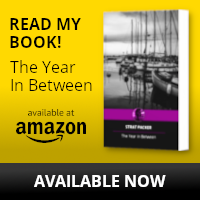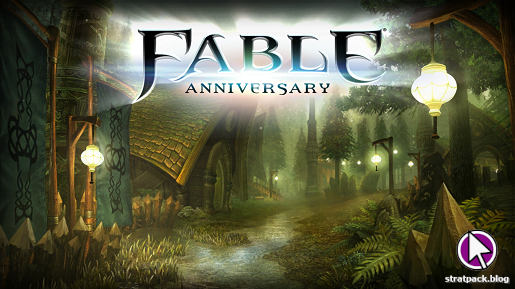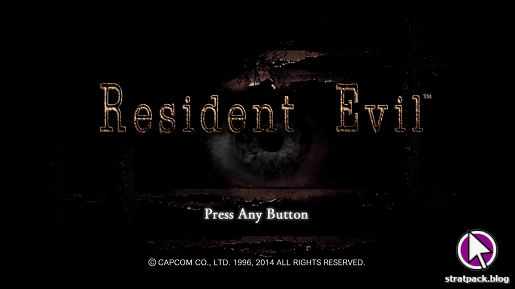
Are you saving too much money?
When it comes to money, I’m something like a squirrel. I receive it and I tuck it away for later use, ensuring a more pleasurable future. But I recently heard a convincing argument for spending more in the present to avoid missing out on experiences that may not be possible later on, and thought that was worth exploring.
Delaying gratification for too long
This weekend’s episode of Modern Wisdom featured trader and hedge fund manager Bill Perkins, who was on the podcast to discuss his book Die With Zero. He essentially gave a warning against saving too much money for too long, instead advising listeners to use the resources of health, wealth, and time together to maximise the number of positive life experiences you get to enjoy before you die.
His logic here was that by focusing on your bank balance and waiting for retirement to start spending and really enjoying life, you’ll miss out on irreplaceable experiences in the meantime. You’re unlikely to be able to do physically demanding things when you’re old, you can’t do hedonistic things when you’re married with kids, and your kids won’t want you to read bedtime stories to them when they’re teenagers, so you need to prioritise the right things at the right times in your life.
The issue, Perkins said, is that many people have blockers to spending money. Either their egos are tied to their wealth, or the habit of saving becomes so ingrained that they lose the mental connection between hard work and subsequent enjoyment, and become drones working jobs they don’t enjoy on the promise of a future reward somewhere over the horizon that may never become a reality.
His advice was to instead treat life like a game of Tetris, not only selecting the experiences you’d like to live out but also slotting them into the right places where you have the money, time, endurance, and flexibility to make the most of them. Memories pay dividends, he added - living is not just about the moment, but enjoyment in the years afterwards recalling experiences and telling stories.
The money saving instinct
Reflecting on my own life, I think there is a natural tendency to save every penny that some people have to overcome more than others. I was never poor growing up, but I did come from a working class town, and when I first moved to London I was just about scraping by, considering every purchase in detail and lucky if I had anything left to transfer to my savings account at the end of each month.
When I got my first corporate job, I suddenly had disposable income, but my instinct was to save as much as I could rather than paying for any luxuries. What if I lost my job? Or I reached a point where my wage stagnated for years? While building some form of financial cushion was undoubtedly a good move, I took this to an extreme and missed out on a lot of experiences in my 20s as a result.
Ironically, just as I reached a level of income where I felt comfortable to loosen the purse strings somewhat, the COVID pandemic hit and I was stuck at home in lockdown. I developed anxiety during the long isolation, so even when I started to emerge more in 2022, mundane things like train journeys were absolute ordeals and I really had to push myself to get back out there with everyone else.
My struggles in the last few years have given me an increased appreciation of the variety of experiences life has to offer, and since then I’ve been doing my best to say yes to as much as possible. I’ve visited Greece and Japan, and accepted invitations I might have turned down to eat different foods and play new sports and games. This has meant exposing myself to potential public embarrassment - something my anxiety never would have allowed at last year’s levels - but helps me to grow more resilient and generates new memories with my friends and colleagues.
Finding the golden mean
All this relates to one of Aristotle’s ideas, which he explained in The Nicomachean Ethics. He argued that all possible traits exist along a spectrum, with deficiency and excess at either end and an ideal golden mean in the middle - essentially a more complex version of the saying, “All things in moderation.”
Saving all excess income leads to missed opportunities and experiences, and spending everything you earn on experiences means a less stable future. With that in mind, I intend to hover near the golden mean, maintaining a baseline level of savings, but continuing to embrace chances to try new things as they arrive. As Perkins said, if I don’t live life now, then I may never have a second shot.
If you haven’t already done so, I’d very much recommend listening to the full episode of Modern Wisdom featuring Bill Perkins, in which he explains his philosophy on life and approach to balancing health, wealth, and time.

















